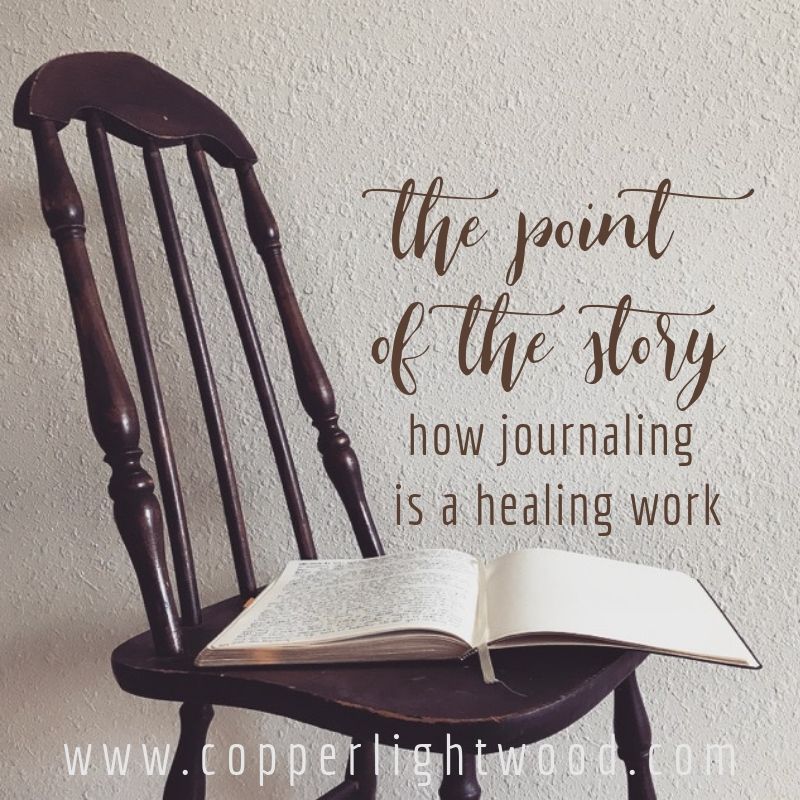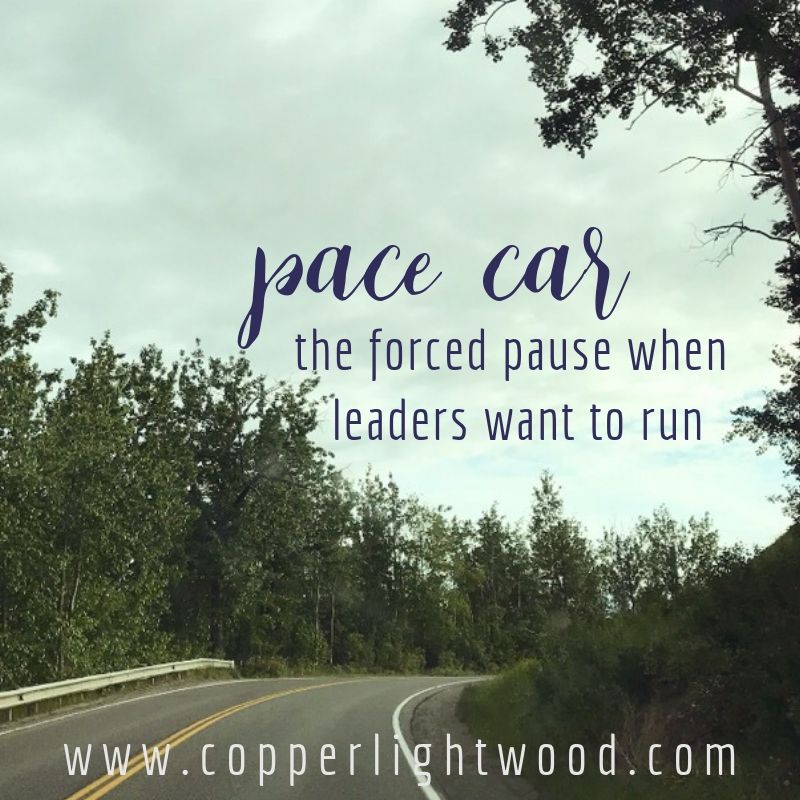A week ago, a large bag of wooden clothespins showed up on my desk and it’s been squatting there ever since. And it wouldn’t be a big deal except someone opened the bag, which means that over the last several days the contents gradually hemorrhaged everywhere. A variety pack – dozens of clothespins, all different sizes, decorating the surface of my desk.
The clothespins need to go into a big jar, but all of the jars are downstairs in the kitchen, and why they didn’t stop there first to deposit themselves properly is beyond me. Why I can’t remember to take them back downstairs to the kitchen during any of my daily 138 trips up and down the stairs is also beyond me.
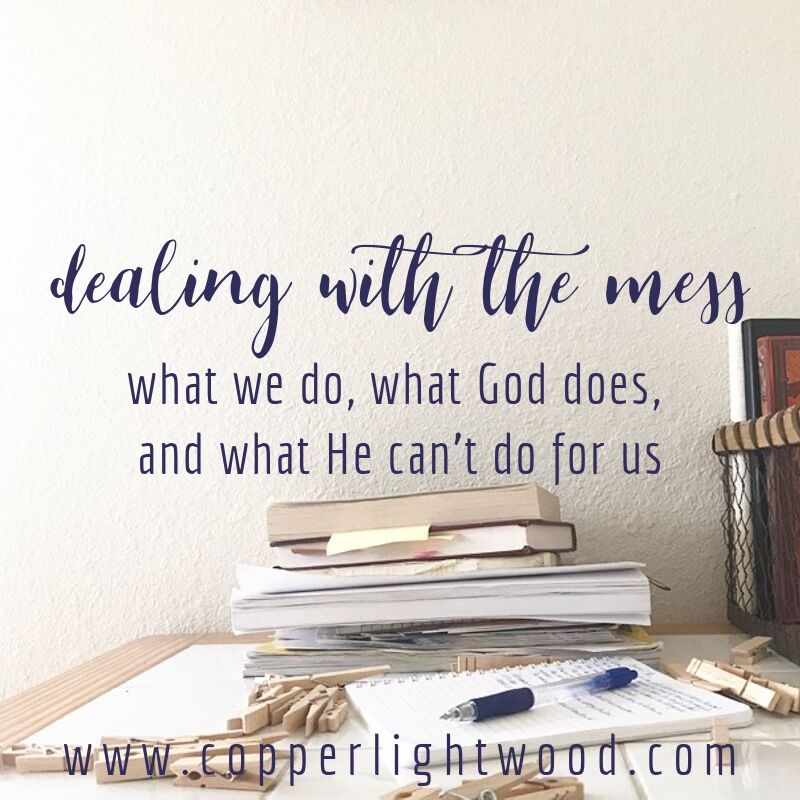
I do love having a clean desk. But aside from moving everything to the floor (my normal method of cleaning it in a hurry) I have yet to figure out how to keep it that way.
The desk is smothered under stacks of books as I type this: notebooks, school books, research books, books I’m reading. Keeping all these company are pens, sippy cups, and other detritus constantly trafficked in and out of the office, aside from the aforementioned clothespins sprinkled everywhere. Also, there’s a half-emptied basket destined to become yarn storage that I’m planning to move to the bookshelf, which will give me more surface area on the desk. But that will have to wait, because it’s currently storing Knightley, instead.
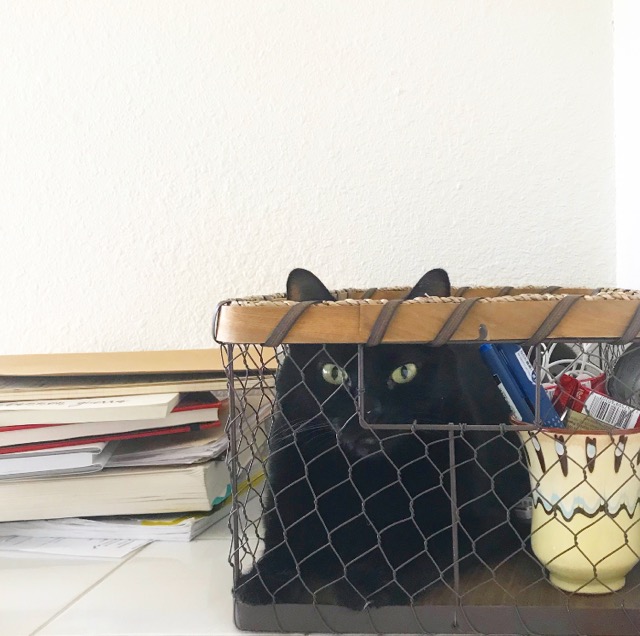
And just to be clear, when I say “stacks of books,” the word stacks should be interpreted loosely. Very loosely. As in, some books truly are placed on top of each other in a (mostly) congruent, vertical direction. But others are…um…just overlapping, sort of like a giant, bloated, bookish version of Jenga.
It’s not just my mess – you heard me mention the sippy cup, right? – but it is my mess to take care of. No one can clean it for me. Even if they wanted to, I have to do it myself. God help them if they try; hell hath no fury like a writer-mama (or wife) who can’t find the stack of books she needs to pull citations from that took her half a day to round up from all over the house in the first place.
Of course, it would help if people would stop spewing their mess in my space. I have my own junk to deal with, but all we sinners share the love, and we have a tendency to give each other more to forgive and clean up. We all add to each other’s messes.
Oh, wait – I was talking about physical messes. Not the other kind, when we are hurting and we hurt others, and the mess goes everywhere, and it’s so much harder to clean up than a hundred scattered clothespins.
May grace and peace be multiplied to you in the knowledge of God and of Jesus our Lord.
– 2 Peter 1:2, ESV
Finn is on the floor by my feet, putting together a puzzle. He knows he can play up here while I’m working as long as he’s quiet. And our versions of quiet are two different things, but normally he’s fine.
And usually Knightley is in here, and normally she’s fine too, except when she walks across the laptop and makes me bless the inventor of the Undo button, so help me.
The mess the kids leave on the floor is usually theirs to clean up. But when the mess bleeds onto the desk, with all my own stuff in various states of organization and disarray, it becomes my job to take care of. Mostly, I take care of them by not allowing them to be made in the first place. Boundaries, rules, whatever you call it – the desk is my space and the kids have mostly learned to respect that.
Prevention is the easiest way to take care of everything, right? If we could just keep the hurtful words, the hard feelings, or the negative habits of others out of our headspace, life would be so much easier. I have my own thoughts to take captive, and that’s a job of its own to deal with. But once those other things penetrate, they’re my problem, too.
Oh, wait, I was talking about physical messes. I keep forgetting.
It would be easier if it none of it ever happened in the first place – the physical or emotional messes – but the world is a bloody battlefield. It would be easier to just not enter the fray, but we can’t prevent everything…and really, would we want to? We’re made to help each other navigate the mess.
But we have to be invited to do so. And if the mess is ours – whether we made it, or we just inherited it and now it’s all over our space – we have to be the one to initiate the cleaning.
I read this verse a few weeks ago and haven’t been able to get it off my mind:
The LORD your God is in your midst, A victorious warrior. He will exult over you with joy, He will be quiet in His love, He will rejoice over you with shouts of joy.
– Zephaniah 3:17, NAS
Most versions of this verse end with “He will rejoice over you with singing” but when I read this version and the phrase “shouts of joy,” the Lord told me something new.
When do parents shout for joy over their children? He asked me.
Well, I thought, parents shout for joy when they see their kids achieve – when they succeed, when they score a goal, when they win something big, when they hit a milestone. We cheered over Kavanagh getting his first tooth, and we’re ready to whoop and holler when he takes his first steps.
But as adults, all of our success, achievement, or milestones are things He does for us, and through us. We know we’re not doing them on our own. So why would He shout for us when He’s the one doing the work?
I don’t, He said. I shout for joy over you when you do something I can’t do for you.
What can’t You do for us? I asked.
I can’t choose surrender and obedience for you, He said.
I can’t choose for you to clean up your mess. I can help you do it, but you have to want it first.
I can’t choose for you to stay steadfast in the battle, still fighting and standing, in spite of everything around you. I can want those things for you, and I can help you through them, but only you can choose to move forward in growth, instead of retreating.
That is what I shout for joy over.
For this very reason, make every effort to supplement your faith with virtue,
and virtue with knowledge,
and knowledge with self-control,
and self-control with steadfastness,
and steadfastness with godliness,
and godliness with brotherly affection,
and brotherly affection with love.
For if these qualities are yours and are increasing, they keep you from being ineffective or unfruitful in the knowledge of our Lord Jesus Christ.
– 2 Peter 1:5-8, ESV
Just as the main battle we fight is less about violent movement and more about steady abiding, the victories He shouts over in our lives are the small-but-huge efforts that come in the quiet:
When we choose truth over rumor, or grace and forgiveness over hard feelings.
When we address our own bad habits, and choose healthier thought patterns.
When we choose to pray and thank God even when things look ugly.
When we tackle the hard-but-necessary conversation when it seems easier to let it slide and pay the consequences later.
When we push forward in doing the good things: Gratitude, repentance, teachability, honor.
When we stop to hug the kid, kiss the spouse, and clean up our mess…even if someone else started it.
He can’t wait to for us to take those first steps, and to cheer us on as we keep moving forward. It’s our obedience, and integrity, and gritty steadfastness that He shouts over.
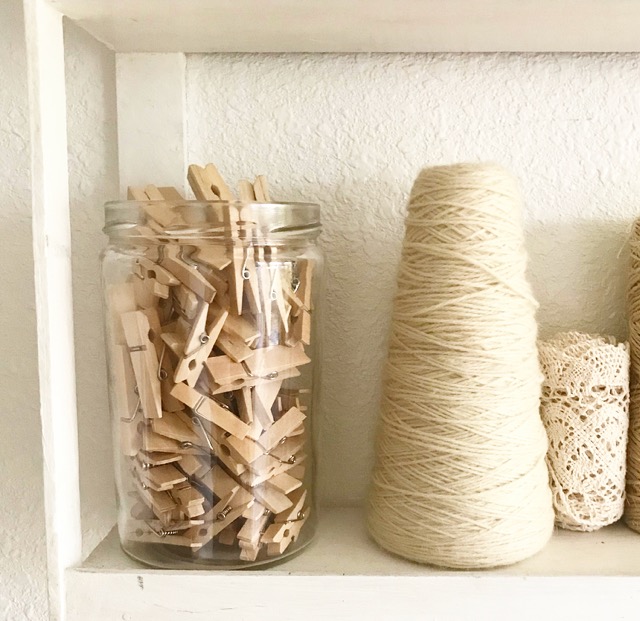
_________
This is an excerpt from ABIDE volume 6: Surrender to Win, available here.

